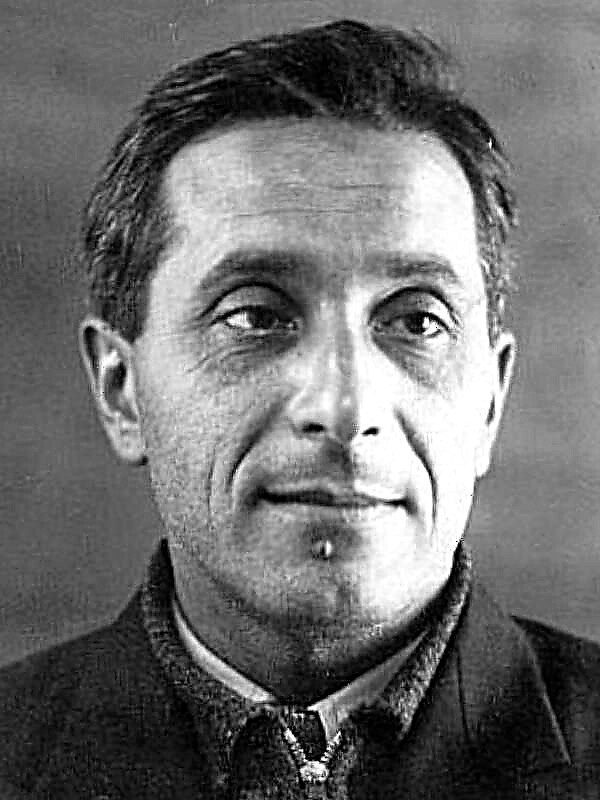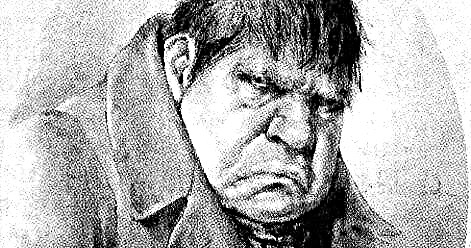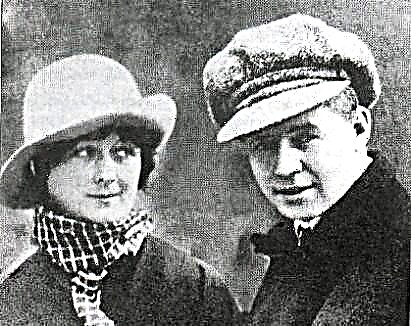(380 words) Without a doubt, war is an important and large-scale event. No one will deny that it was the struggle that made the world and humanity what they are. Everyone will agree that this is truly a cruel affair. Many great writers have revealed to us the theme of war, the unimaginable horrors that the warring parties are doing, in order to understand if that cruelty is normal, or should it be eliminated as a relic of barbarism? Russian writers, in my opinion, were able to delve deeper into this problem and answer the question posed.
The historical epic novel “War and Peace” L.N. Tolstoy talks about the wars of Russia against Napoleonic France. The writer in detail describes all the horrors that people were facing at that time: flaming cities and villages, pits littered with corpses, severed limbs, reprisals of the winners over the losers, people who lost everything, and villains who profit from all this. However, describing all this, Tolstoy remains completely impassive, of course, he is touched by the suffering of people, but he looks much deeper. The war itself, when some warriors go to kill other fighters by the will of kings, emperors and generals, is a terrible crime, contrary to human nature. Cruelty in the war is not due to the fact that people are cruel creatures, but because the struggle itself awakens the most base feelings in them, turning them into animals. Unfortunately, war and cruelty are inseparable; one generates the other.
We see something similar in Mikhail Sholokhov's novel The Quiet Don. The writer in detail describes the brutality of the Civil War in Russia in the first half of the twentieth century. Reprisals against prisoners, robberies, terror against civilians and other war crimes committed by all parties to the conflict are present throughout the story. The author shows how peaceful life collapses and centuries-old foundations of life disappear, but he sees this not so much as an example of cruelty of people, but as a historical process, the struggle of the old and the new. Deeply regretting the horrors that are occurring, Sholokhov nonetheless shows that everywhere there is a place and mercy on the example of an old woman who saved the Red Guard from reprisals from the Cossacks. Despite the cruelty of history, a person always has a choice, so he personally can refuse aggression, saving and not killing people.
Thus, cruelty is a consequence of the war, it is very difficult to fight against your own kind and not get hardened at the same time. Therefore, these concepts will always be interconnected. But each person can and must fight not with external enemies, but with his own shortcomings, expelling unnecessary aggression from the front line. Only then will it be possible to change something.



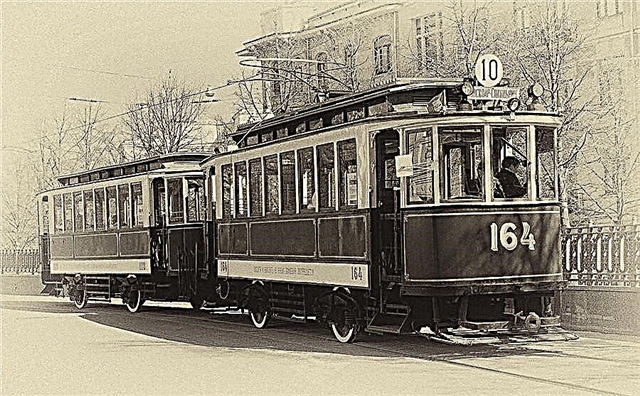
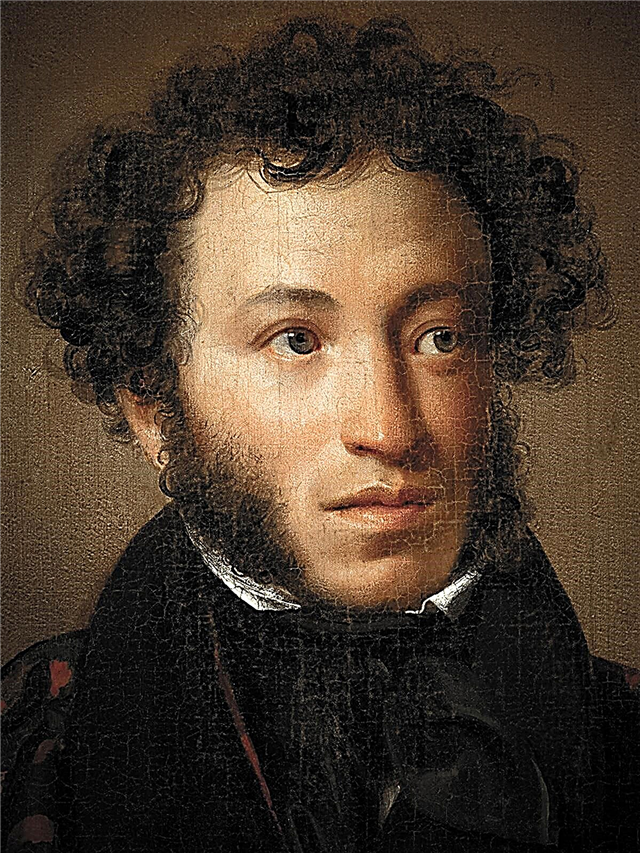

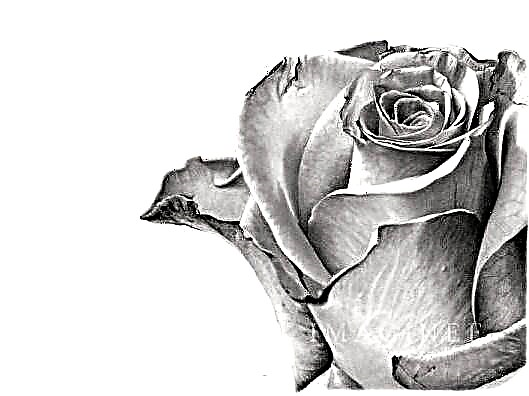
 McKinsey Tools
McKinsey Tools